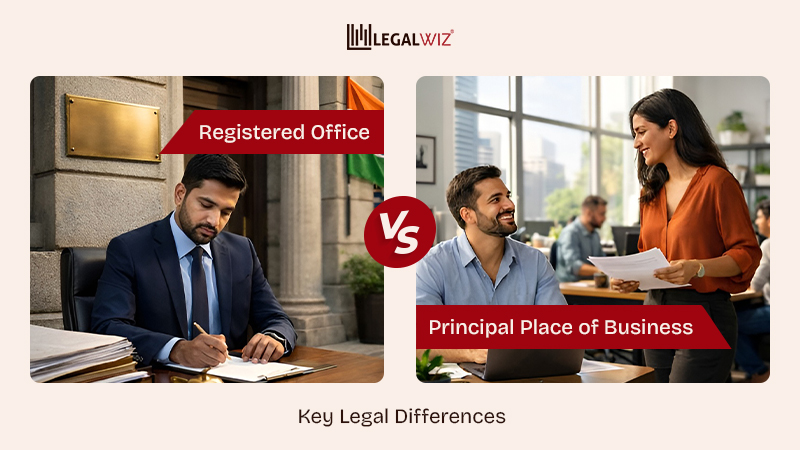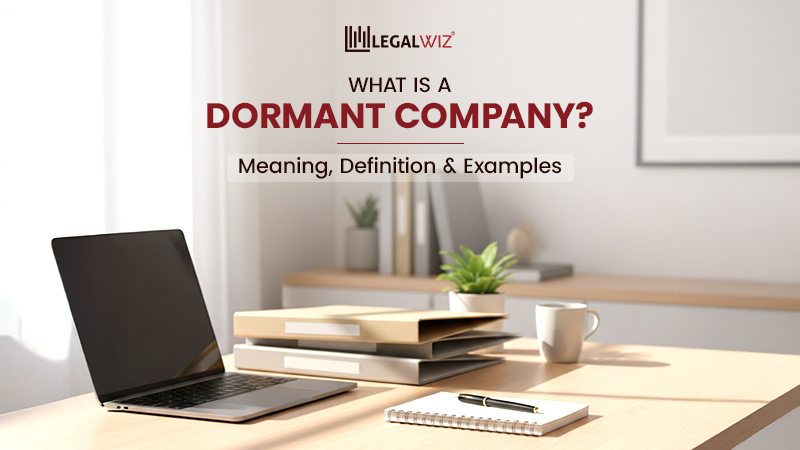Indian Company Owners: Benefits of Limited Liability
Introduction
Limited liability is one of the features that sets a company apart from other types of business structures. Company registration in India grants companies the status of a separate legal entity. It lets companies themselves be held liable instead of the company owners.
This is a huge advantage for the owners of the company. The owners are held personally liable in other business structures, like proprietorship firms. Hence the owner’s personal assets are at risk when it comes to many other business structures. Let’s understand the concept in detail.
Understanding ‘Limited liability’
Limited liability means that the owners of the company, have limited or restricted liability. In cases of the company facing any financial losses or legal action, or if the company is wound up, limited liability comes into play. The kind of liabilities different people in a company owe is specified in the liability clause of the MOA of the company.
There are two types of limited liability companies:
- Limited by Shares: In a limited by shares company, its owners are only liable for the value of their unpaid shares. E.g. during company dissolution, each shareholder is only liable for the value of their unpaid shares.
- Limited by Guarantee: In a limited by guarantee company, the owners are only liable to an amount they have guaranteed beforehand. Generally limited by guarantee organizations are NGOs, sports societies, et cetera. This is because such organisations can’t issue shares.
Generally, people prefer limited companies preferred over unlimited companies.
The advantages of owning a company that has a limited liability:
- Reduced financial risk: One of the biggest advantages of limited liability for owners, is that it reduces financial risk. For instance, you can’t hold the owners liable if a company faces losses or cannot repay a loan
- More investments: Due to restricted liabilities, more people are open to investing in such a company. This is helpful for entrepreneurs looking to start their own companies without wanting to pay for all of the capital.
The disadvantages of owning a company that has a limited liability:
- Incorporation requirements: You have to formally incorporate limited liability companies with a governing body, such as the MCA. This can require some time and expenditure.
- Compliance requirements: Limited liability companies have to keep up with several compliance requirements, which carry hefty fines if not complied with properly. This creates a responsibility for the owners of the company to constantly keep tabs and ensure that all compliance needs are met.
Conclusion
As a company owner, a company with limited liability is one of the best business structures to opt for. It allows avenues for the company to grow and lets the owners of the company restrict their financial risks.
It’s important to keep in mind, however, that there is a limit to the protection of limited liability. Natural persons and companies are liable in different ways when it comes to negligent cats. A company is an artificial person that cannot make decisions unilaterally. Hence the company’s owners are held liable for their company’s negligent or illegal acts.

Monjima Ghosh
Monjima is a lawyer and a professional content writer at LegalWiz.in. She has a keen interest in Legal technology & Legal design, and believes that content makes the world go round.








Can this be answered with the respect to above article please , it will be a life saver. We had Pvt Ltd company with 4 directors who ae family members , its last years operations sales tax (Pre GST) was not filed due to various reasons , the tax department considered input tax as Zero and demanded Kvat for declared sale figure and send notices on later year which were not served to any person as they affixed it to the previous closed business location , The matter is in court and came to know when one of the directors was served with court summons after 10 years . The tax claims not including penalty and interest is more than the total share capital , so are the directors of this private ltd company could be held for full tax demand ? It has limited liability clause in MOA, Thanks
Hello, kindly reach out to our team at support@legalwiz.in with your contact details and they will connect with you!